Product pictures
| Amount Per 0.25 cup | |||
| Calories | 170 Kcal (712 kJ) | ||
| Calories from fat | 135 Kcal | ||
| % Daily Value* | |||
| Total Fat | 15g | 23% | |
|---|---|---|---|
| Saturated Fat | 1.5g | 8% | |
| Sodium | 110mg | 5% | |
| Total Carbs | 11g | 4% | |
| Sugars | 7g | 28% | |
| Dietary Fiber | 2g | 8% | |
| Protein | 2g | 4% | |
| Iron | 0.3mg | 2% | |
| Calcium | 20mg | 2% | |
* Percent Daily Values are based on a 2000 calorie diet. Your daily values may be higher or lower depending on your calorie needs.
Find out how many calories should you eat.
Ingredients And Nutrition Overview
Best
choice Good
choice Poor
choice Avoid
it!
choice Good
choice Poor
choice Avoid
it!
-
WeightWatchers Points: 4.3, PointsPlus: 5, SmartPoints: 6
WeightWatchers Points are estimated by carbohydrates, fats, protein and fiber in product. They are not an affirmation of better quality or nutritional value of the product or its manufacturer. Only way to count for dieters. Less points are better.
Read more at Weight watchers diet review -
Convert Salt tsps to Sodium mg easily
Salt (NaCl) is not excactly sodium (Na).
It is not right to use these terms as synonyms.
The FDA recommended limit of sodium is 2,300 mg per day (or even less - about 1500 mg while one is on low sodium diets).
This is much less than the weight of salt.
(5,750 mg per day or 3,750 mg for low sodium diet) and not so convenient to calculate.
Know how much sodium is in your salt - without a calculator:
1/4 tsp salt = 600 mg sodium
1/2 tsp salt = 1200 mg sodium
3/4 tsp salt = 1800 mg sodium
1 tsp salt = 2300 mg sodium -
3 tsp of sugars per serving
This volume includes both naturally occurring from ingredients and specially added sugars.
USDA tells us that last years each American consumed an average 130 pounds of caloric sweeteners per year!
That works out to 30 tsp of sugars per day approximately 480 extra calories!
Just to think: Eating just 200 more calories daily than your body requires for body functioning and exercise leads to a 20-pound weight gain in a year. -
More than 8% daily fiber!
Eat more fiber. You've heard it many times. But why it is so good for your health?
Dietary fiber is best known for its ability to make our digestion going right.
So want to prevent or relieve constipation - eat more fiber!
There are also other great health benefits as well, such as lowering your risk of diabetes, heart disease and cancer, and helping to maintain a healthy weight by helping to feel you full longer.
The best source of fiber are fruits, vegetables, whole grains and legumes and not processed foods with added fiber. -
For dieters: FoodPoints value is 5
* FoodPoints are calculated by Fooducate based on fats, carbs, fiber, and protein. They are not an endorsement or approval of the product or its manufacturer. The fewer points - the better.
-
Highly Processed!
This product is highly processed. If you'll take a look at its ingredient list, you'll discover new words to add to your vocabulary. Many of theses ingredients are required to increase the shelf life of the product and improve the flavor that disappears when food is not fresh.
-
Learn about industrial caramel coloring
Homemade caramel is made by melting sugar in a saucepan. Brown coloring in sodas and some other products is not the same thing. Industrial caramel coloring is made by reacting sugars with ammonia and sulfites under high pressure and temperatures. The chemical reactions create 4-methylimidazole, which in government-conducted studies caused lung, liver, or thyroid cancer or leukemia in laboratory mice or rats. This is why California recently required foods containing caramel color to be labeled as potential cancer-causing agents. But you won't see this warning label any time soon - manufacturers simply reduced the use of caramel color enough that the labeling requirements no longer applied. Caramel color varies slightly between products - when in beer, sauces or baked goods it has just ammonia and when used in soft drinks, it has both sulfites and ammonia. Neither one is a "good" option. Bottom line: Choose something else, less controversial.
-
Is propylene glycol anti-freeze?
Propylene glycol is a food and drink additive that is used as a thickener, clarifier, stabilizer and as a carrier for color and flavor. But wait, isn't propylene glycol anti-freeze, the chemical used in your car's engine coolant?! It is the same chemical, yet the FDA categorizes propylene glycol as generally recognized as safe (GRAS), meaning it can be added to foods, drugs and cosmetics. The World Health Organization also considers propylene glycol safe, in certain dosages: up to 25 mg of propylene glycol for every kilogram (kg) of body weight. However, the EU does not treat propylene glycol as a safe food additive. In fact, it is not permitted as a food additive in most European countries due to recent studies in animals. In pets, propylene glycol has been show to: - cause "Heinz Body Anemia" (small clumps of proteins seen in the cells) - reduce the survival time of red blood cell and render them susceptible to oxidative damage (leading to cancer) - potentially cause GI problems, nausea, vomiting and diarrhea! Our recommendation: try and choose products without propylene glycol in the ingredient list.
-
Contains artificial flavors. Learn why
Companies add artificial flavors to products to make them taste better. They are created in a lab and the formulations are guarded as trade secrets. Flavorings can compensate for flavor loss during processing, substitute for ingredients, lower production costs and increase shelf stability. Artificial flavorings are cheaper to source than natural flavors and are perceived as "worse" than natural flavors. They are more stable (and usually less chemically complex) than natural flavors. Artificial flavors are not necessarily bad for you from a health perspective. however, people with food sensitivities or allergies may want to avoid artificial flavors if they are unnamed. You can always contact the manufacturer for more information.
-
Learn about corn syrup, found here
Corn syrup is often used as a sweetener in processed food. It is NOT THE SAME as high fructose corn syrup. Don't be fooled when looking up the amount of sugar a product contains if corn syrup is listed as an ingredient. This is because corn syrup contains 50% sugar, and 50% of another form of carbohydrate known as ""oligosaccharides"", which is pretty close to sugar. If a product has less sugar than you think it should, but contains corn syrup in the ingredient list, you'll know that the missing carbs are those oligosaccharides, not much better.
-
Natural flavors added. Learn why
Companies add flavorings to make products taste better. They are created in a lab and the formulations are guarded as trade secrets. Flavorings can compensate for flavor loss during processing, substitute for ingredients, lower production costs and increase shelf stability. Natural flavorings are more expensive to source than artificial flavors, but tend to be better received by consumers. People sensitive to MSG, vegans, vegetarians and those with allergies should pay special attention to the phrase "natural flavorings" since glutamates, animal products or allergens may be the source of natural flavors. You can always contact the manufacturer for more information.
-
Learn about soy lecithin, found here
Lecithins are oily substances that occur naturally in plants (soybeans) and animals (egg yolks). Soy lecithin possesses emulsification properties. This means it can keep a candy bar “together” by making sure that the cocoa and the cocoa butter don’t separate. It is also used in bakery items to keep the dough from sticking and to improve its ability to rise.
Allergens
Tree Nuts Allergy, Corn Allergy, Milk Allergy, Lactose Allergy, Peanuts Allergy, Soy Allergy
You Might Also Like
% RDI of Main Nutrition Facts
9%
of RDI* (170 calories) 59.15 g
-
Cal: 8.5 %
-
Fat: 23.1 %
-
Carb: 3.7 %
-
Prot: 4 %
-
0%25%75%RDI norm*
Calories Breakdown
- Carbs (23.5%)
- Fat (72.2%)
- Protein (4.3%)
Get Your Recipe of Health!
Follow RecipeOfHealth on Facebook!

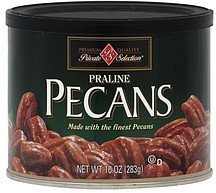
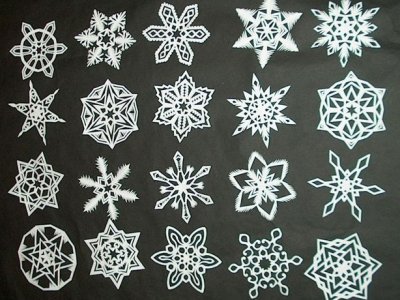
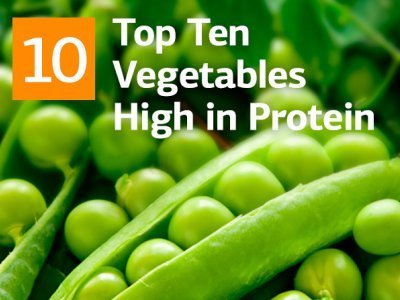

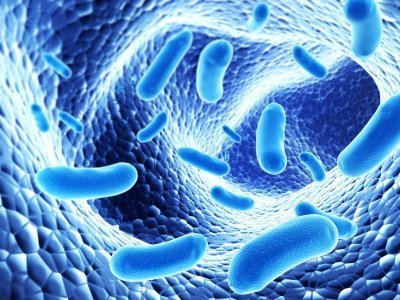



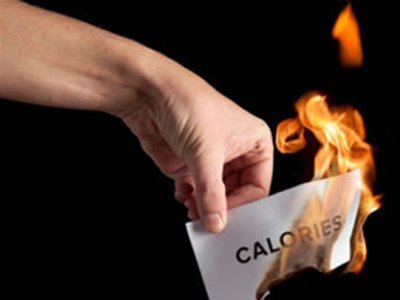
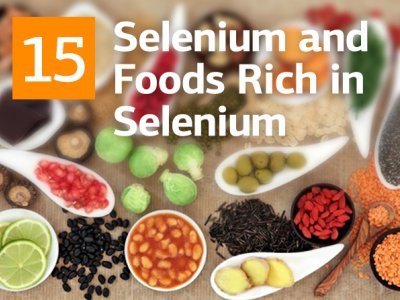
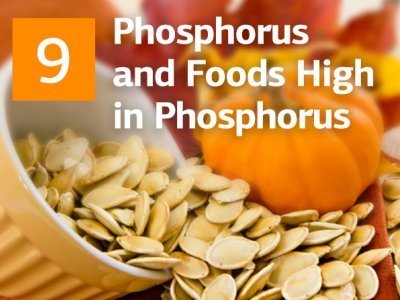
Add your comment